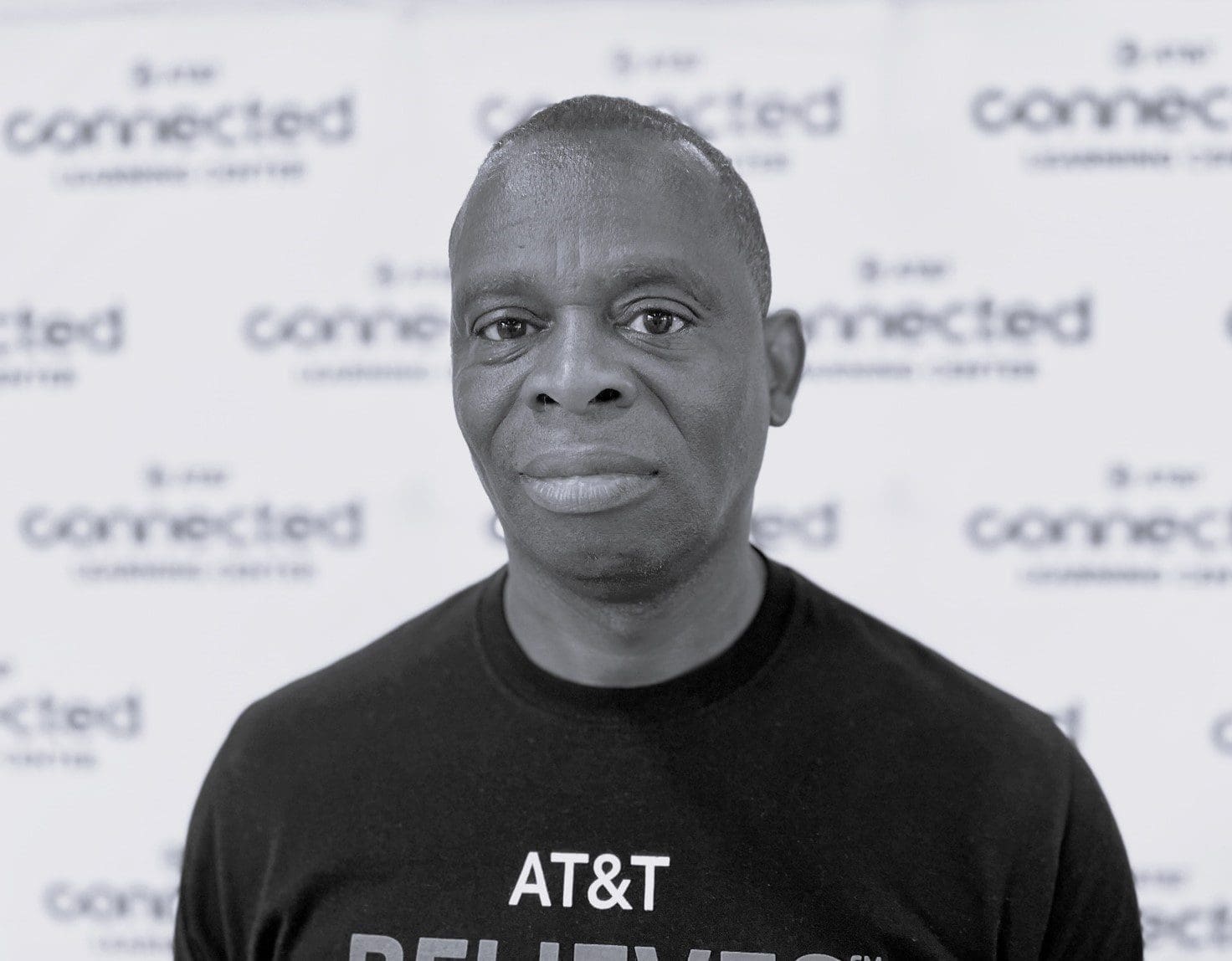Momentum is growing as the first corporation affirms its support of the Ten Shared Principles on police engagement in communities adopted by the Illinois Association of Chiefs of Police (ILACP) and the NAACP Illinois State Conference (IL NAACP).
The Ten Shared Principles adopted by ILACP and IL NAACP in 2018 seek to outline key values in defending and protecting the civil rights of all citizens and in keeping communities and citizens safe in Illinois.
“As part of our advocacy, we are proud to affirm the Ten Shared Principles on police engagement in communities.”
Eileen Mitchell – President, AT&T Illinois
“At AT&T, we stand for equality and we embrace freedom. And we are working to advocate for systemic change, equality and fairness,” said AT&T Illinois President Eileen Mitchell. “The Ten Shared Principles developed by the Illinois Association of Chiefs of Police and the NAACP Illinois State Conference thoughtfully recognize the importance of a strong relationship between law enforcement and the people they serve in Illinois. As part of our advocacy, we are proud to affirm the Ten Shared Principles on police engagement in communities.”
AT&T’s support for the Ten Shared Principles is part of its commitment to advocate for systemic change – a key tenet of its national Stand for Equality initiative.
“Real change requires strong leadership, and we are pleased that AT&T is leading by becoming the first corporation to affirm the Ten Shared Principles on police engagement in communities,” said Teresa Haley, President, NAACP Illinois State Conference. “There is momentum building around the Ten Shared Principles developed by the NAACP Illinois State Conference and the Illinois Association of Chiefs of Police, and we are excited that AT&T will lead by helping us promote adoption of these principles in communities throughout Illinois.”
“We are pleased that AT&T has become the first corporation to affirm what we have been doing for several years,” said Chief James R. Black, president of ILACP and chief of police in Crystal Lake. “We are building long-lasting relationships and building trust one conversation at a time. Bringing more visibility to the Ten Shared Principles is a priority for me, and we look forward to working with AT&T to spread the word that we want all people to feel safe and we want our communities to be safe.”
Racial Equality is not a new area for AT&T. It was one of the first companies to endorse the Civil Rights Act in the 1960s, and for decades its advocacy has included financial support and engagement with civil rights groups. In Illinois, the company will work to advance the Ten Shared Principles through outreach to other businesses and leading business organizations. AT&T employs more than 8,700 people in Illinois.
The Ten Shared Principles are:
- We value the life of every person and consider life to be the highest value.
- All persons should be treated with dignity and respect. This is another foundational value.
- We reject discrimination toward any person that is based on race, ethnicity, religion, color, nationality, immigrant status, sexual orientation, gender, disability, or familial status.
- We endorse the six pillars in the report of the President’s Task Force on 21st Century Policing. The first pillar is to build and rebuild trust through procedural justice, transparency, accountability, and honest recognition of past and present obstacles.
- We endorse the four pillars of procedural justice, which are fairness, voice (i.e., an opportunity for citizens and police to believe they are heard), transparency, and impartiality.
- We endorse the values inherent in community policing, which includes community partnerships involving law enforcement, engagement of police officers with residents outside of interaction specific to enforcement of laws, and problem-solving that is collaborative, not one-sided.
- We believe that developing strong ongoing relationships between law enforcement and communities of color at the leadership level and street level will be the keys to diminishing and eliminating racial tension.
- We believe that law enforcement and community leaders have a mutual responsibility to encourage all citizens to gain a better understanding and knowledge of the law to assist them in their interactions with law enforcement officers.
- We support diversity in police departments and in the law enforcement profession. Law enforcement and communities have a mutual responsibility and should work together to make a concerted effort to recruit diverse police departments.
- We believe de-escalation training should be required to ensure the safety of community members and officers. We endorse using de-escalation tactics to reduce the potential for confrontations that endanger law enforcement officers and community members; and the principle that human life should be taken only as a last resort.




